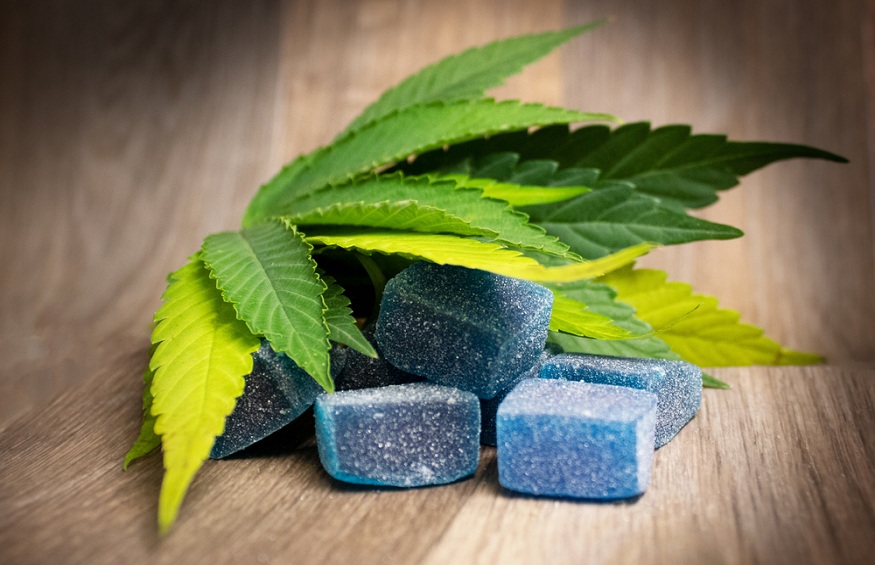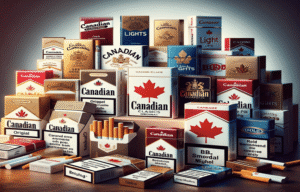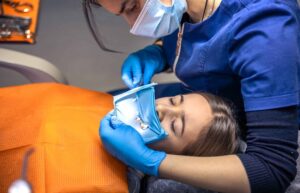How New Delta-8 Standards Could Affect Hemp Extractors
3 min read
Delta-8 THC has been a controversial substance since its introduction. As an isomer of Delta-9 THC, the form of THC currently banned by federal law, Delta-8 does offer psychoactive effects. The high it produces is different, but it is a high, nonetheless. This has led the U.S. Hemp Authority to revise its Delta-8 standards in a way that could have a significant impact on hemp extractors.
The U.S. Hemp Authority is an industry trade group that sets certification standards for growers, processors, and retailers. Companies in the CBD space do not have to be certified. Neither do their products. But those who want to be certified must adhere to the trade group’s standards. That may be problematic for companies choosing to do business in the Delta-8 space.
Derived from CBD
Delta-8 occurs naturally in multiple varieties of cannabis, including industrial hemp. But plants do not produce enough of it to make extracting it worthwhile. Instead, it is easier and more profitable to derive Delta-8 from CBD. You put CBD through a chemical process that forces rearrangement of its molecules and you end up with Delta-8 as a result.
As you might expect, there are plenty of concerns about Delta-8. Right off the top is its psychoactive effects. Any drug with psychoactive properties needs to be considered potentially harmful. The less we know about such drugs, the more cautious we need to be. And for the record, we don’t know a whole lot about Delta-8 THC.
So, what does all this mean to hemp extractors? The new standards from the U.S. Hemp Authority will affect how their businesses and products are certified. An CBD extraction operation looking to continue manufacturing Delta-8 will probably find it difficult, if not impossible, to get certification.
Clarifying the Standards
The U.S. Hemp Authority has long been suspect of Delta-8. Their recently revised standards clarify that position. Previous iterations of the hemp standards made it clear that hemp-derived products could not be certified if they offered any intoxicating effects. The most recent standards go further to explicitly mention prohibited cannabinoids. They include Delta-8, Delta-9, Delta-10, THCO, HCH, and exo-THC.
Any hemp-derived products containing these cannabinoids will not be certified by the U.S. Hemp Authority. That leaves processors with a choice. They can continue producing these alternative cannabinoids and forego certification on those products, or they can stick exclusively with CBD and other approved cannabinoids and terpenes.
The Effects on Production
Abandoning the prohibited cannabinoids should not have any meaningful impact on production processes, according to Houston-based CedarStoneIndustry. CBD still needs to be extracted the same way. The extracted crude oil still needs to be distilled in order to separate its components. All that would change is what happens to those components after distillation.
CBD extractors who choose to not produce prohibited cannabinoids could simply use their extracts and distillates to create products the U.S. Hemp Authority is willing to certify. Business would continue as usual, except for the fact of that the company would no longer be going after the alternative cannabinoid market.
Too Hard to Resist
Will the new standards mean the end of alternative cannabinoids? Probably not. There is a strong market for Delta-8 and its alternative cannabinoid companions. And with that demand will be plenty of processors willing to make them. All the standards do is clarify the U.S. Hemp Authority’s position on certifying alternative products.
For those processors operating as hemp extractors, a choice needs to be made. Continue with Delta-8 and forego certification or set aside the alternative cannabinoids and stick with CBD exclusively. That is what it boils down to.







